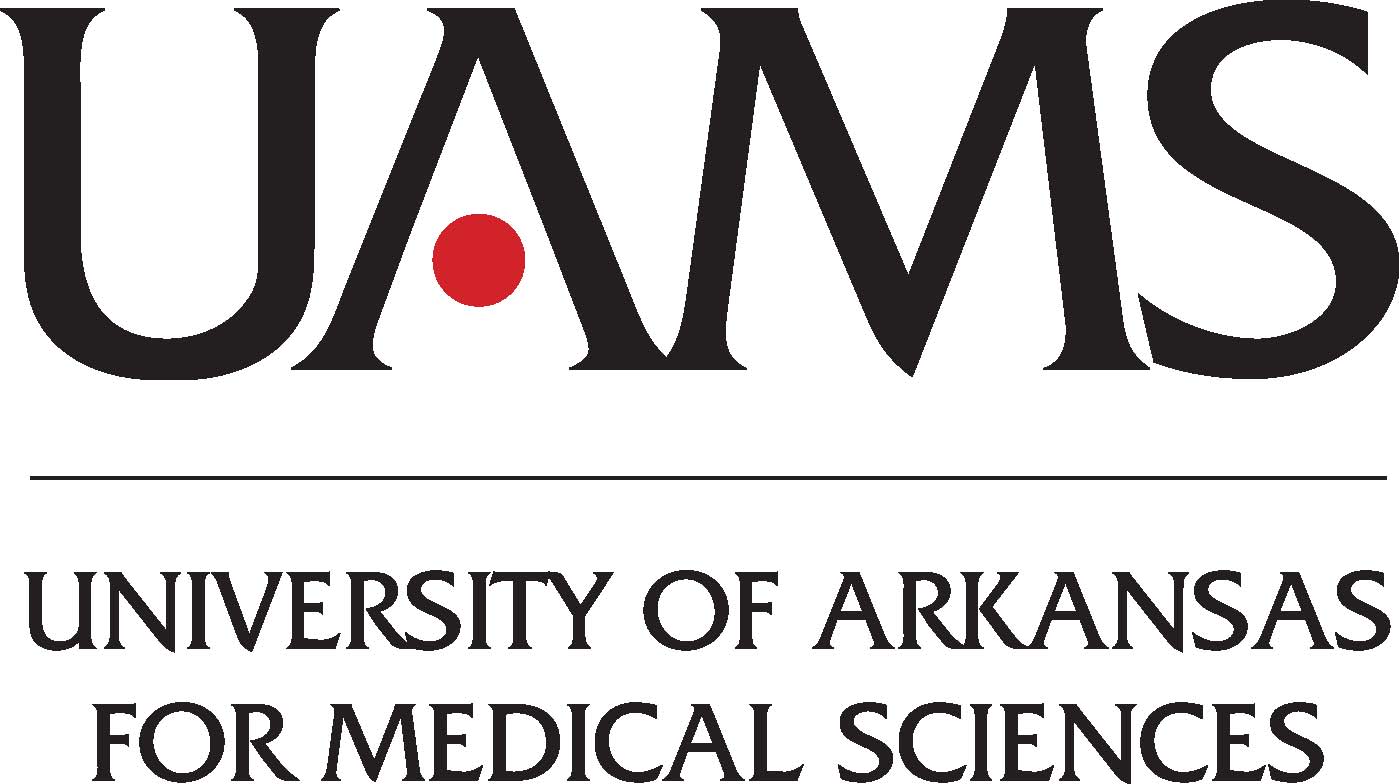A Phase 1b in Patients With Acute Ischemic Stroke
| Status: | Completed |
|---|---|
| Conditions: | Peripheral Vascular Disease, Neurology |
| Therapuetic Areas: | Cardiology / Vascular Diseases, Neurology |
| Healthy: | No |
| Age Range: | 18 - 80 |
| Updated: | 8/15/2018 |
| Start Date: | February 1, 2017 |
| End Date: | July 9, 2018 |
A Phase 1b Dose-finding Study of DDFPe in Patients With Acute Ischemic Stro
Stroke is the fifth leading cause of death in the United States and is the leading cause of
long term disability. Distinct geographic disparities in stroke mortality, with highest rates
in the southeast United States including Arkansas, are known as the "stroke belt." There the
average stroke mortality is ≈20% to 40% higher than the rest of the nation. Stroke is the
leading cause of serious long-term disability. Between 2012 and 2030, disability and medical
costs related to stroke are projected to triple, from $71.6 billion to $184.1 billion, with
the majority of the projected increase in costs arising from those 65 to 79 years of age.
There are two main forms of stroke, ischemic and hemorrhagic. An ischemic stroke occurs in
85% of cases and is caused by cerebral vessel occlusion, obstructing blood flow to a portion
of the brain. Currently, the only approved therapies for acute ischemic stroke are IV tissue
plasminogen activator (tPA), a thrombolytic agent that clears the thrombus within the blood
vessel, or intra-arterial catheter thrombectomy. Despite the availability of therapy, it
reaches only approximately 7% of ischemic stroke victims in the United States5. Delay beyond
the effective time window for therapy is a common reason for failure.
To reduce the devastating impact of stroke on individuals and society, the investigators
continue to seek ways to improve functional recovery and limit ischemic damage in stroke
patients. The potential neuroprotective agent, dodecafluoropentane emulsion (DDFPe) has
recently shown strong positive effects in pre-clinical animal models of acute ischemic
stroke6-11. Other perfluorocarbons have been tested in humans as potential neuroprotectants
and blood substitutes yet none have been successful.
long term disability. Distinct geographic disparities in stroke mortality, with highest rates
in the southeast United States including Arkansas, are known as the "stroke belt." There the
average stroke mortality is ≈20% to 40% higher than the rest of the nation. Stroke is the
leading cause of serious long-term disability. Between 2012 and 2030, disability and medical
costs related to stroke are projected to triple, from $71.6 billion to $184.1 billion, with
the majority of the projected increase in costs arising from those 65 to 79 years of age.
There are two main forms of stroke, ischemic and hemorrhagic. An ischemic stroke occurs in
85% of cases and is caused by cerebral vessel occlusion, obstructing blood flow to a portion
of the brain. Currently, the only approved therapies for acute ischemic stroke are IV tissue
plasminogen activator (tPA), a thrombolytic agent that clears the thrombus within the blood
vessel, or intra-arterial catheter thrombectomy. Despite the availability of therapy, it
reaches only approximately 7% of ischemic stroke victims in the United States5. Delay beyond
the effective time window for therapy is a common reason for failure.
To reduce the devastating impact of stroke on individuals and society, the investigators
continue to seek ways to improve functional recovery and limit ischemic damage in stroke
patients. The potential neuroprotective agent, dodecafluoropentane emulsion (DDFPe) has
recently shown strong positive effects in pre-clinical animal models of acute ischemic
stroke6-11. Other perfluorocarbons have been tested in humans as potential neuroprotectants
and blood substitutes yet none have been successful.
Inclusion Criteria:
- Ages 18-80 years
- Diagnosis of AIS
- Body weight ≥ 45 kg
- NIHSS between 2 and 20
- Patient or legal authorized representative (LAR) must be willing and able to
understand the study and provide written informed consent
Exclusion Criteria:
Currently pregnant or breastfeeding
- History of significantly impaired renal or hepatic function
- Hemorrhage or hemorrhagic stroke on CT scan
- Prior stroke, intracranial surgery, or major head trauma within three months prior to
enrollment
- Pre-stroke modified Rankin Scale (mRS) ≥ 2
- Myocardial infarction within six (6) months prior to enrollment
- Unstable angina, New York Heart Association (NYHA) Class II or greater congestive
heart failure
- Uncontrolled hypertension (SBP > 180 and/or diastolic blood pressure (DBP) > 110 mmHg)
- Known long QT syndrome or QTc > 450 milliseconds (ms) in males and > 470 ms in females
- Uncontrolled arrhythmia or history of clinically significant arrhythmia within the
past six (6) months (except atrial fibrillation)
- Clinically significant chronic obstructive pulmonary disease (COPD) or other pulmonary
condition that is not controlled by medication or requires oxygen frequently or
continuously
- Pneumonia, bronchitis, or other acute respiratory disease
- Current anticoagulant therapy except for antiplatelet therapy (aspirin, NSAIDs) and
prophylactic doses of low molecular weight heparin to prevent deep vein thrombosis.
Note: tPA administered as part of subjects' therapy for AIS is allowed.
- History of allergic reaction attributed to compounds of similar chemical composition
to DDFPe (see Investigator's Brochure).
- Subject has received any investigational drug within thirty (30) days prior to
enrollment into the study
- Inability to comply with the study procedures
- History or evidence of any other clinically significant condition that, in the opinion
of the investigator, might pose a safety risk to subjects or interfere with study
procedures, evaluation, or completion
We found this trial at
1
site
529 West Markham Street
Little Rock, Arkansas 72205
Little Rock, Arkansas 72205
(501) 686-7000

University of Arkansas for Medical Sciences The University of Arkansas for Medical Sciences (UAMS) in...
Click here to add this to my saved trials